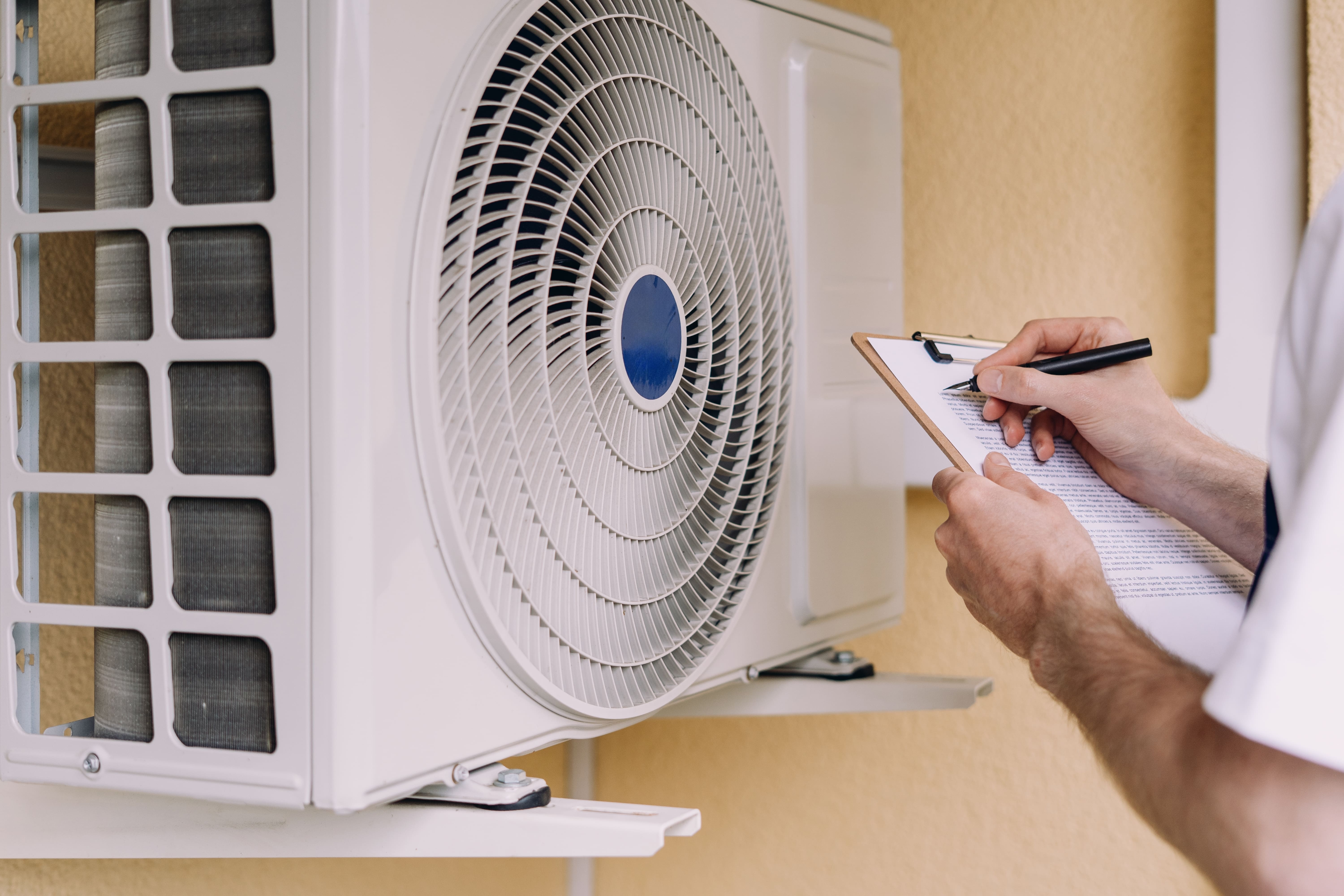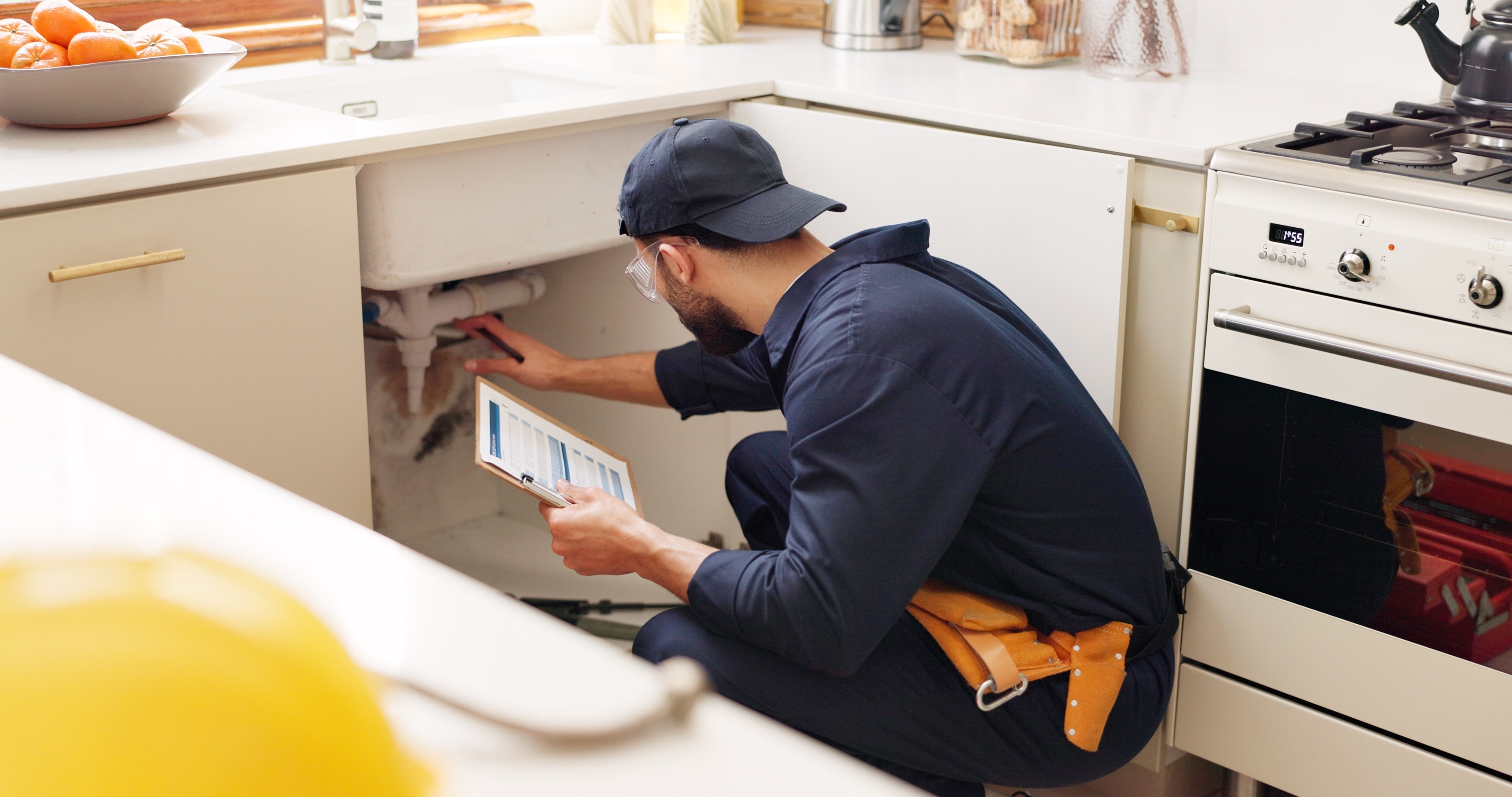Preparing to invest in a California investment property? A lot of details need managing during the buying process, from financing the property to negotiating the deal and making sure all of the necessary pieces are in place.
The negotiations depend largely on property condition and value. Investors need to ask what the property includes. Mold? An aging roof? Updates and upgrades that make a higher asking price worth it?
Before closing the deal, get an idea of how that property will perform, especially as a rental. A California property manager can help you evaluate what the property will earn on the rental market, what kind of work may be necessary to attract tenants, and how quickly that well-qualified tenant can be found. At Bell Properties, we work with buyers all the time to choose the most profitable investment.
Part of the due diligence that comes with buying an investment property is having a proper inspection done. This will provide enough detailed reporting to tell a buyer whether the property is in good condition.
It’s not a great strategy to buy a rental property that’s immediately going to need thousands of dollars in repairs and maintenance. Investing in fixer-uppers is part of a lot of investment plans, but there’s nothing worse than investing in a fixer-upper without knowing it.
Inspections are important, and here are some of the most important things to look at before buying.
Financial and Legal Due Diligence
One of the first things to inspect isn’t even the physical property. It’s the property’s title. Title issues can be a costly headache, so verifying that the seller has the legal right to sell the property is an excellent starting point when it comes to due diligence. Obtain a title report that will outline any liens, encumbrances, or claims on the property.
Understanding the property’s tax history is an important way to assess long-term costs. High property taxes can significantly affect your return on investment (ROI). Obtain the most recent tax bill and check if there are any outstanding tax liens or assessments.
Risk factors are going to be an important part of the purchase, too. In California, certain areas and properties are prone to natural disasters like wildfires, earthquakes, and floods. Make sure the property is insurable, and assess the cost of insurance. Additionally, find out if the property is located in a high-risk area for natural disasters and if there are any special insurance requirements. Earthquake and/or flood insurance may be a good idea.
Evaluate the HVAC System

It’s easy enough to know whether the heating and cooling units in a property are working just by walking through it. However, it’s hard to know if those systems will continue working, especially after a particularly hot summer or an unseasonably cold winter. Having the HVAC system inspected can provide an investor with an understanding of how long it will be before a furnace or an a/c condenser needs to be replaced. Have the filters examined so it’s clear how often they should be changed once the property is occupied by tenants.
HVAC systems are among the most expensive mechanical components in a property, and their condition has a direct impact on tenant comfort, energy efficiency, and long-term maintenance costs. A thorough inspection of the HVAC system before purchase can reveal hidden issues such as:
Outdated equipment
Poor installation
Lack of maintenance
Components nearing the end of their life span
Identifying these issues early gives investors the opportunity to negotiate price reductions, request seller repairs, or budget accurately for replacements.
Beyond cost considerations, a properly functioning HVAC system is an important part of attracting and retaining quality tenants, particularly in California climates that endure extreme seasonal temperatures. Inefficient or malfunctioning systems can result in higher utility bills, increased vacancy rates, and potential liability concerns.
Including HVAC inspections as part of the due diligence process protects the investment and ensures that operational expenses align with financial projections.
Once the property is rented out, remember the importance of preventative maintenance when it comes to HVAC systems and keeping repair costs down. When the unit is inspected and serviced every year, owners are likely to pay less in costly repairs.
Look at the Roof Condition
The roof is an important part of any property inspection. Any investor buying a property will want to know how old the roof is and how well it has performed over the years. An inspection will help with estimations around when a new one will be needed.
Did you know that issues with the roof account for over one-third of all insurance claims? A report entitled “U.S. Roof Realities” released in 2025 by a risk management firm said that claims have hit a high point, costing insurers more than 31 billion dollars.
Conducting a roof inspection as part of the due diligence process is essential to accurately assess the condition and value of a property. The roof is expensive to replace and it’s even expensive to repair. Hidden issues like leaks, poor drainage, structural damage, or improper installation can quickly lead to costly surprises after closing. A thorough inspection by a qualified professional can reveal these problems early, allowing investors to either renegotiate the purchase price, request repairs, or walk away from a potentially high-risk investment.
Beyond immediate repair costs, the condition of the roof also affects a property's insurability, resale value, and ability to attract tenants. Insurance companies may refuse coverage or charge higher premiums for roofs that are outdated or in poor shape.
By incorporating roof inspections into the closing process, investors can better forecast maintenance expenses, protect their return on investment, and avoid liability issues that could arise from ignoring a critical aspect of the building envelope.
While there’s an inspector on the roof, ask them to check out the gutters and spouts. These push water away from the home instead of into it, so it helps to know they’re working properly and cleaned out. Beware of any tree limbs or branches that are touching the house, particularly the roof.
Inspect the Plumbing and Electric Systems in California Investment Properties
 A thorough property inspection must include a complete check of the plumbing and the electrical work in the home. Safety and habitability are crucial in a rental property, so it’s important to know if the plumbing needs to be upgraded or the electrical is a fire hazard.
A thorough property inspection must include a complete check of the plumbing and the electrical work in the home. Safety and habitability are crucial in a rental property, so it’s important to know if the plumbing needs to be upgraded or the electrical is a fire hazard.
Plumbing issues like outdated pipes, hidden leaks, or poor drainage can cause extensive damage and require significant repairs, especially if mold or water damage is involved.
Electrical systems that are outdated, overloaded, or improperly wired not only pose a safety risk but may also require complete rewiring to meet code compliance or support modern appliances and technology.
It’s a lot to take on with a new investment property if there’s a problem with the plumbing or the electric. Thorough inspections give investors a clear picture of the property's true condition. These inspections can reveal hidden defects that are not visible during a standard walkthrough and help buyers accurately estimate repair cost.
Environmental and Health Hazards
The large systems and functions of a property are universally inspected before a purchase, but what about smaller things like termites and lead paint? These need the attention of an investor as well, because California is strict about the implied warranty of habitability in this state. Here’s what to inspect before buying:
Lead Paint and Asbestos Problems
Lead paint is likely to only show up in older properties, but it’s one of the disclosures that property owners are required to provide to tenants. It’s important to know if there’s any such paint around the windows. Have the inspection team check for asbestos as well. It was used as insulation before the 1980s, so this is another issue that’s only likely to make a difference if the investment is an older home.
Termites and Pests
California’s warm climate and varied terrain make it a prime location for pests like termites, rodents, and other invasive species. A termite inspection is essential for detecting any active infestations or damage. Sometimes, the costs of pest control and repairing damage caused by pests can be extreme.
Mold and Water Damage
Beyond the general plumbing inspection, it’s always important to look for water stains, musty odors, or visible mold, as these issues can be expensive to treat.
Landscaping and Drainage

Landscaping might seem like an afterthought, but poor drainage can lead to water pooling, foundation damage, or erosion. Also, overgrown trees and shrubs can damage the structure of the house and create a fire hazard, especially in areas prone to wildfires.
When it comes to drainage, ensure that the property has proper grading to divert water away from the house. Have the inspector look at the trees. Are they too close to the foundation or the roof?
Due diligence is important when it comes to investing in California real estate. Follow this checklist, and contact us at Bell Properties if you have any questions, need some support, or aren’t sure about the property you’re thinking about investing in. We can help you make sure the decision is a good one.


